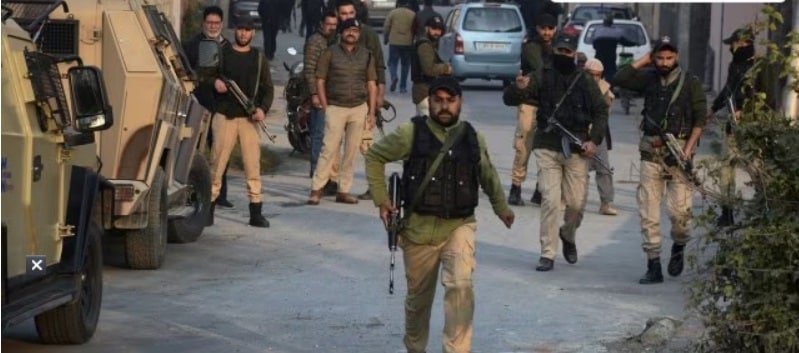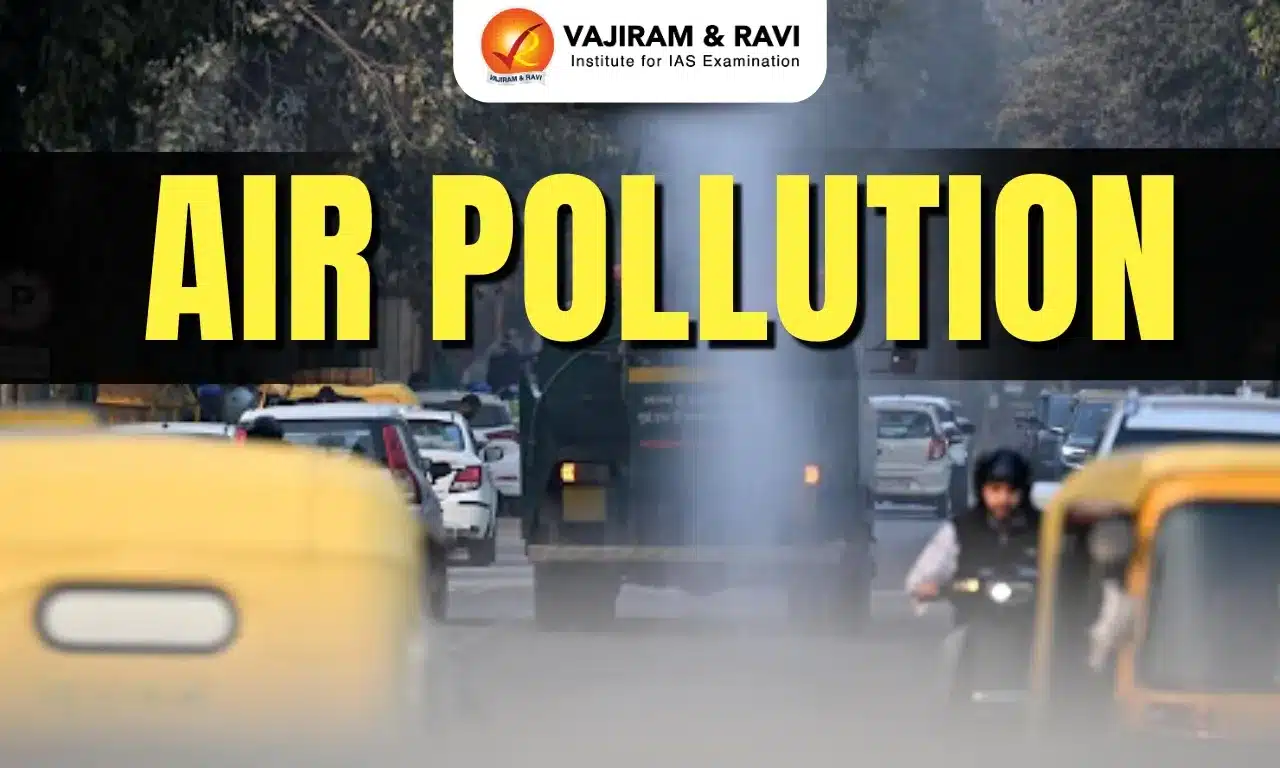What’s in today’s article?
- Why in news?
- What is the National Security Council Secretariat (NSCS)?
- What is National Security Strategy?
- Contours of the strategy being drafted by India
- Countries having a National Security Strategy
- India’s need for a National Security Strategy
- Why did India never have a national security strategy?
Why in news?
- After years of deliberations in the military and strategic community, India has kickstarted the process of bringing in a National Security Strategy.
- The National Security Council Secretariat (NSCS) is in the process of collating inputs from several Central ministries and departments.
- This is the first time that India would come out with such a strategy.
The National Security Council Secretariat (NSCS)
- Background:
- The National Security Council (NSC) of India is an executive government agency established in 1998 and tasked with advising the Prime Minister’s Office on matters of national security and strategic interest.
- The NSC is the apex body of the 3-tiered structure of the national security management system in India.
- The 3-tiers are the Strategic Policy Group, the National Security Advisory Board and a secretariat from the Joint Intelligence Committee (JIC).
- The National Security Advisor (NSA) presides over the NSC.
- NSA is also the primary advisor to the prime minister.
- About National Security Council Secretariat (NSCS) –
- NSCS is the apex agency looking into the political, economic, energy and strategic security concerns of India.
- The NSCS has four verticals:
- Strategic Planning;
- Internal Affairs;
- Intelligence and Technology;
- Military
- National Cyber Security Coordinator (NCSC) works under NSCS and coordinates with different agencies at the national level for cyber security matters.
National Security Strategy
- A National Security Strategy document outlines the country’s security objectives, and the ways to be adopted to achieve these.
- It defines traditional, non-traditional threats and opportunities while introducing accountability of agencies tasked with the implementation of such responsibilities.
- In a nutshell, a national security strategy would guide the military as well as critical defence and security reforms with strategic implications.
- It will provide a holistic view of the overall national security, the threats and the roadmap to address them.
Contours of the strategy being drafted by India
- The exact contours of the strategy being drafted is not known.
- However, it will likely include the entire range of newer challenges and modern threats facing India, including non-traditional ones such as:
- financial and economic security,
- food and energy security,
- information warfare,
- vulnerabilities in India’s critical information infrastructure, as well as those associated with supply chains and environment.
Countries having a National Security Strategy
- Most developed countries with an advanced military and security infrastructure have a National Security Strategy in place, updated from time to time.
- The US, the UK and Russia have published national security strategies.
- China also has such a strategy in place, called the Comprehensive National Security, which is closely tied to its governance structure.
- Pakistan, too, has brought out a National Security Policy 2022-2026, underlining its national security objectives and priority areas.
India’s need for a National Security Strategy
- Complex nature of various threats
- Given the complex nature of the various traditional and non-traditional threats, urgency was felt to draft a national security strategy.
- This becomes significant especially when rising geopolitical tensions have given way to uncertainties.
- No concrete document to guide the military forces
- As per security experts, the only political direction to the Armed Forces in existence is Raksha Mantri’s operational Directive of 2009.
- It is now dated and hence needs to be revised.
- Some experts have also highlighted that major military reforms should ideally flow from a national security strategy.
- Without such a well-defined strategy, military reforms would be like putting the cart before the horse.
Why did India never have a national security strategy?
- In the past, three attempts were made to come out with a national security strategy, but there was hesitation at the political level.
- As per security experts, it could have been because of the accountability it would bring in defence management for the government.
- There have been varying views in the strategic community in the past over why India has not brought out a national security strategy.
- This varies from lack of a cohesive, whole-of-government effort, to the government deliberately not making public its national security objectives.
Q1) What is the role of National Security Advisor in India?
The National Security Advisor (NSA) of India advises the Prime Minister on internal and external threats and opportunities to India. The NSA also oversees strategic and sensitive issues on behalf of the Prime Minister.
Q2) What is National Cyber Security Coordinator (NCSC)?
The National Cyber Security Coordinator (NCSC) is a body that works under the National Security Council Secretariat. The NCSC’s role is to coordinate with central-level agencies on matters of national and critical significance related to cybersecurity.
Source: India to bring in a National Security Strategy: what is it, why is it important?
Last updated on December, 2025
→ Check out the latest UPSC Syllabus 2026 here.
→ Join Vajiram & Ravi’s Interview Guidance Programme for expert help to crack your final UPSC stage.
→ UPSC Mains Result 2025 is now out.
→ UPSC Notification 2026 is scheduled to be released on January 14, 2026.
→ UPSC Calendar 2026 is released on 15th May, 2025.
→ The UPSC Vacancy 2025 were released 1129, out of which 979 were for UPSC CSE and remaining 150 are for UPSC IFoS.
→ UPSC Prelims 2026 will be conducted on 24th May, 2026 & UPSC Mains 2026 will be conducted on 21st August 2026.
→ The UPSC Selection Process is of 3 stages-Prelims, Mains and Interview.
→ UPSC Result 2024 is released with latest UPSC Marksheet 2024. Check Now!
→ UPSC Prelims Result 2025 is out now for the CSE held on 25 May 2025.
→ UPSC Toppers List 2024 is released now. Shakti Dubey is UPSC AIR 1 2024 Topper.
→ UPSC Prelims Question Paper 2025 and Unofficial Prelims Answer Key 2025 are available now.
→ UPSC Mains Question Paper 2025 is out for Essay, GS 1, 2, 3 & GS 4.
→ UPSC Mains Indian Language Question Paper 2025 is now out.
→ UPSC Mains Optional Question Paper 2025 is now out.
→ Also check Best IAS Coaching in Delhi

















